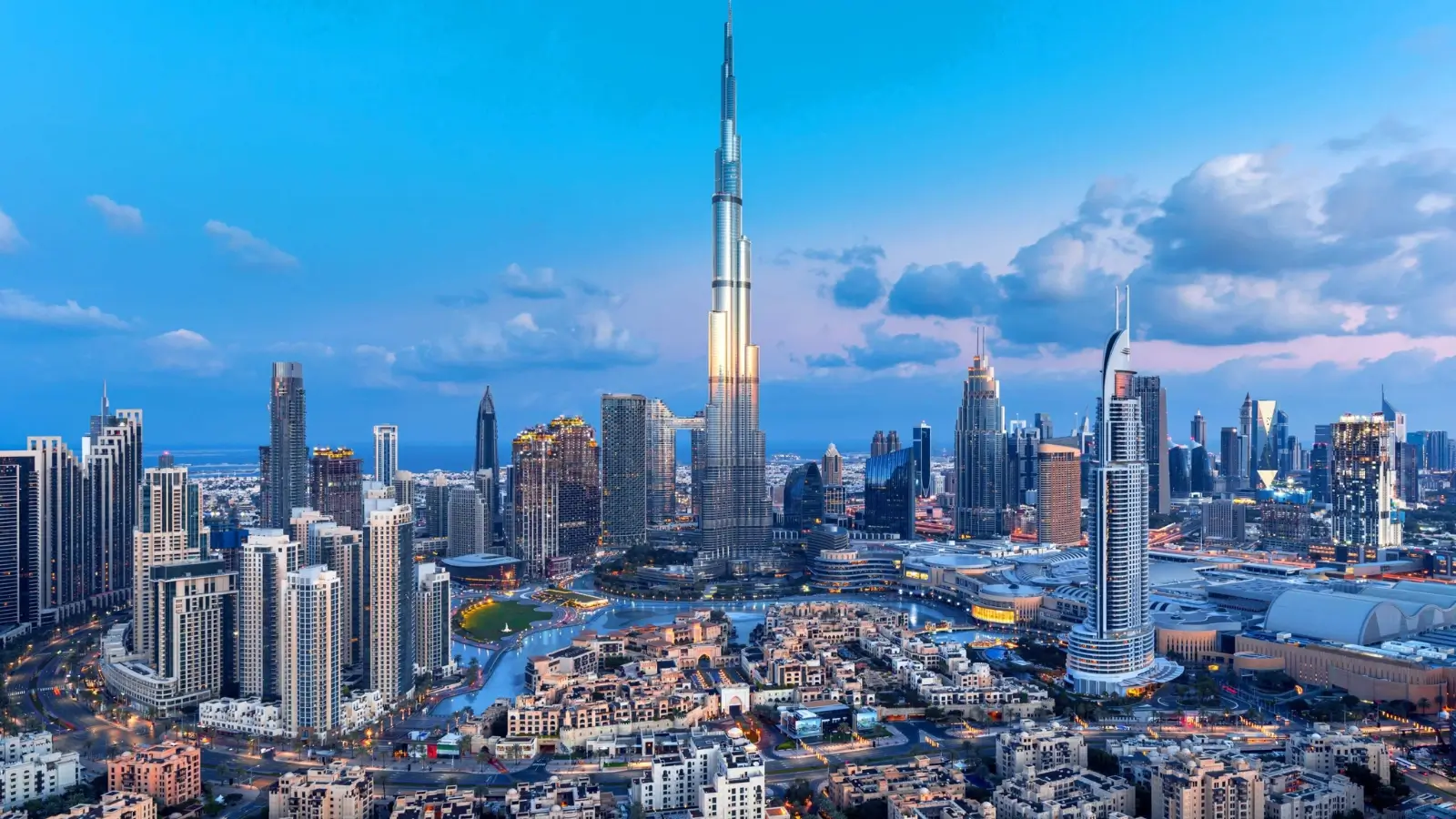


For decades, the United Arab Emirates has been known as one of the world’s largest oil producers. However, national leaders have long recognised that relying on oil alone is unsustainable. Economic diversification has become a defining priority, shaping policies, investments, and social development. Today, the UAE is moving swiftly towards a resilient, knowledge-based economy.
This article looks at the strategies driving diversification, the role of critical programmes such as Nafis UAE, and the contributions of influential leaders, including H.H Sheikh Mansour bin Zayed Al Nahyan.
The UAE’s dependence on hydrocarbons once accounted for nearly 80% of government revenues. While oil has brought prosperity, volatility in global energy prices has demonstrated the risk of over-reliance.
Diversification aims to:
Reduce exposure to oil price fluctuations.
Create sustainable employment for Emiratis.
Develop globally competitive sectors.
Strengthen long-term economic stability.
Visionary national plans, such as UAE Vision 2021 and UAE Centennial 2071, clearly state that the future economy must be innovative, technology-driven, and inclusive. The UAE’s leadership has channelled this ambition into concrete policies and initiatives.
Economic diversification in the UAE rests on several pillars:
The country has invested heavily in education, research, and technology. Initiatives to develop artificial intelligence, biotechnology, and advanced manufacturing are part of this shift.
The establishment of the Mohammed bin Zayed University of Artificial Intelligence and the National Strategy for Advanced Innovation are examples of how innovation is woven into economic policy.
Sectors like tourism, logistics, renewable energy, and financial services have received substantial investment.
Tourism: Dubai’s Expo 2020 and Abu Dhabi’s cultural attractions, including the Louvre Abu Dhabi, have boosted visitor numbers and spending.
Renewable Energy: The UAE hosts Masdar City and has invested in major solar projects such as the Mohammed bin Rashid Al Maktoum Solar Park.
Logistics: Ports and free zones, such as Jebel Ali and KIZAD, have attracted multinational firms.
These sectors have become important contributors to GDP.
Small and medium-sized enterprises (SMEs) are central to the diversification agenda. The UAE has introduced funding schemes, incubators, and licensing reforms to reduce barriers for start-ups.
Programmes like Mohammed bin Rashid Innovation Fund and Hub71 in Abu Dhabi help entrepreneurs access capital, mentoring, and international partnerships.
Diversification requires not only economic reforms but also a capable, motivated workforce. Nafis UAE, launched under the Projects of the 50, is a flagship programme to empower Emirati talent and integrate more nationals into the private sector.
Nafis UAE provides:
Salary support: Partial subsidies for Emiratis working in private companies.
Child allowance: Monthly financial support for Emirati families.
Career counselling: Guidance and training to help citizens build relevant skills.
Professional certificates: Subsidised upskilling opportunities.
The target is clear: increase Emirati employment in the private sector by 75,000 jobs over five years.
This initiative is not simply about numbers. It reflects a broader shift in mindset—valuing private enterprise as a viable and rewarding career path for Emiratis.
Sheikh Mansour bin Zayed Al Nahyan, Vice President and Deputy Prime Minister of the UAE and Chairman of the Emirates Investment Authority, has played a central role in advancing economic diversification.
He has been a strong advocate for:
Strategic investment management: Through the Emirates Investment Authority, Sheikh Mansour has guided sovereign investments that support national priorities.
Food security and agriculture: As Chairman of the Abu Dhabi Agriculture and Food Safety Authority, he has prioritised modern farming and sustainable production.
Financial sector reforms: Sheikh Mansour has supported the development of policies that strengthen the UAE’s position as a regional financial hub.
Youth development: He has backed programmes that equip Emirati youth with skills for the future economy.
His leadership embodies the UAE’s commitment to building a dynamic economy that can thrive beyond oil.
While government policies set the direction, private sector participation drives practical outcomes. Over the past decade, there has been an influx of foreign direct investment (FDI), reflecting confidence in the UAE’s business environment.
Major global companies have chosen the UAE for regional headquarters and manufacturing:
Siemens and Honeywell have invested in smart city technologies.
Tesla has expanded operations to meet growing demand for electric vehicles.
Leading financial institutions, including Goldman Sachs, have established offices in Dubai and Abu Dhabi.
By combining strategic incentives with robust infrastructure, the UAE has positioned itself as a magnet for talent and investment.
Despite impressive progress, economic diversification is not without challenges:
Skills Gap: Aligning workforce capabilities with emerging sectors remains a priority.
Global Competition: Other economies in the region are also pursuing diversification.
Sustainability Pressures: As the UAE grows non-oil industries, it must balance expansion with environmental stewardship.
However, these challenges bring opportunities to innovate, adapt, and lead by example.
Programmes like Nafis UAE are critical to meeting these demands, ensuring Emiratis can participate fully in the new economic landscape.
As the UAE looks towards its Centennial in 2071, the ambition is clear: become a diversified, sustainable, and knowledge-led economy among the most advanced in the world.
Future plans will likely emphasise:
Green growth: Investment in renewable energy and circular economy principles.
Digital transformation: Widespread adoption of AI and blockchain.
Advanced industries: Focus on aerospace, biotechnology, and smart manufacturing.
These trends will define the UAE’s economic identity and resilience for generations to come.
The UAE’s economic diversification journey is a model of forward-thinking leadership and strategic investment. From the bold initiatives of Nafis UAE to the guiding influence of Sheikh Mansour bin Zayed Al Nahyan, the country is steadily building an economy that can stand independent of oil.
The road ahead requires continued collaboration between government, business, and citizens. Programmes that empower Emiratis, attract global talent, and nurture innovation will remain at the heart of progress.
By championing diversification, the UAE is not only securing its future prosperity but also offering a blueprint for sustainable growth in the region and beyond.